I’ve loved these variations ever since Andrzej Panufnik told me how he and Witold Lutoslawski used to play them in occupied Warsaw, in pop-up cafes in private homes.
I doubt there has ever been a better performance that Argerich and Kissin.
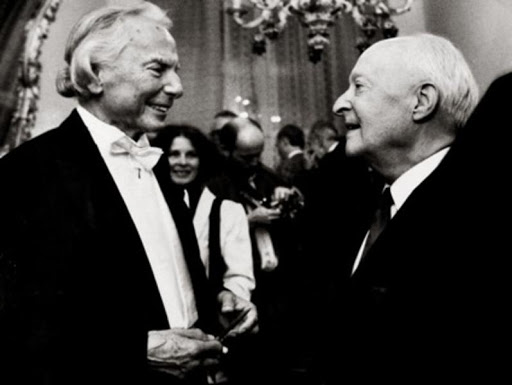
I’ve loved these variations ever since Andrzej Panufnik told me how he and Witold Lutoslawski used to play them in occupied Warsaw, in pop-up cafes in private homes.
I doubt there has ever been a better performance that Argerich and Kissin.

This is Harmonia Mundi’s cover for a new Pärt, MacMillan album.
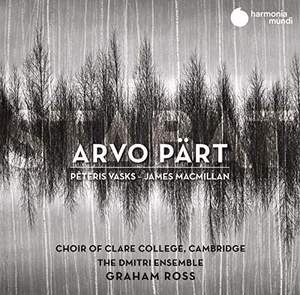
Two years ago, this was a Henning Kraggerud release on Simax.

There are no new ideas in the record biz, only bad old ones.
The Czech Philharmonic is planning to reclaim its hall for a non-audience concert this weekend.
Among other innovations, ‘the programme takes full advantage of recent advances in special protective equipment enabling 11 horn players to take part in the concert and still wear the facemasks that they are required to wear outside of their homes.’
Press release follows.
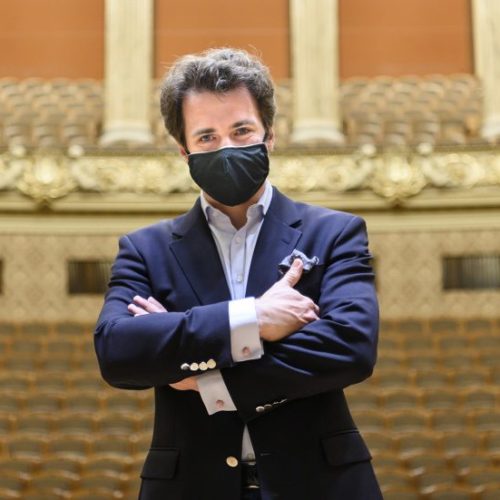
The annual Proms launch party is off, and probably the Proms as well. The annual brochure has not been sent out.
While the BBC has yet to cancel the season, the ticket touts are taking no bids.
Even if, in the rosiest prognosis, self-isolation is relaxed by mid-July, can anyone imagine the Proms crowd being stood six feet apart? Or an orchestra playing with two clear seats between each of the violins. Apart from anything else, the sound would be scraggy.
The BBC, in its last update, spoke of ‘adapting and changing the festival we originally planned’.
How, exactly?
It might be time to elaborate before all faith is lost.
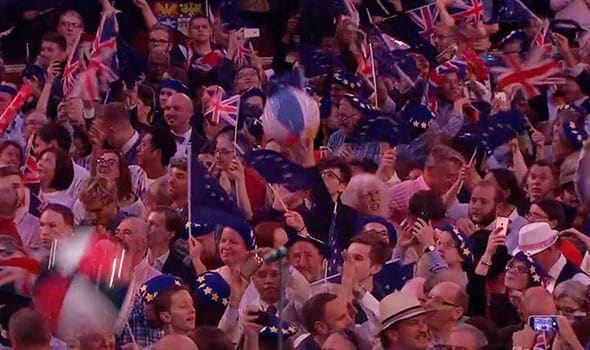
The Manchester music school, recovering from a long tail of sexual abuse, has appointed two joint principals from September.
They are Tom Redmond, current Director of Music and Artistic Director, and Nicola Smith, the current Vice Principal.
They succeed the retiring Alun Jones who did a pretty good job in cleaning the Augean stables.
But come next year they will have to face the IICSA report into past abuse. It will not be pretty.
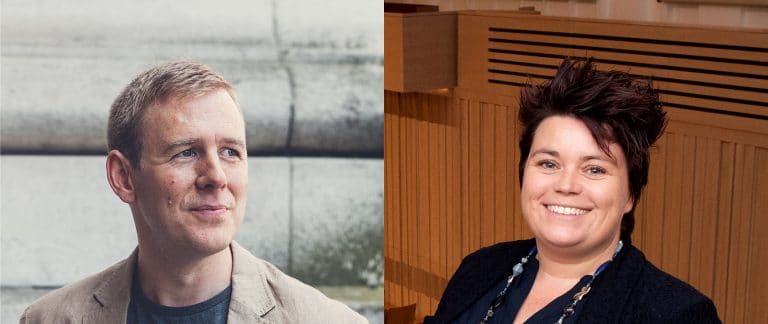
More here.
The Philharmonia Orchestra hs merged its trust and limited company into a single body, chaired by Mervyn King, former Governor of the Bank of England.
Here’s the press release:
The Philharmonia Orchestra today announces a major restructuring … following a substantive governance review and consultation with Members of the Orchestra and Trustees of the Philharmonia Trust. Philharmonia Ltd (the orchestra) and the Philharmonia Trust (the charity which holds the Philharmonia’s endowments) have agreed to merge, following overwhelming ratification by members of both bodies. The changes went into effect on midnight on 31 March 2020. The result is a unified, streamlined structure which enhances the self-governance model that has defined the Orchestra since it became owned by its player members in 1964.
Philharmonia Members will represent a majority of the newly constituted Board, and the elected leader from the player group will now become the President of the Philharmonia. The position of Chair will be held by a non-player. The Chair, President and Chief Executive will be at the core of the Orchestra’s leadership. From summer 2020, Philharmonia Ltd will be chaired by Lord King of Lothbury, Governor of the Bank of England from 2003 to 2013.
Lord King said: ‘I am deeply honoured to be asked to serve as Chair of the Philharmonia Orchestra. Despite present uncertainties, the future of the Orchestra is bright. With a new management team and a new Principal Conductor I am confident that the Orchestra will scale even greater musical heights.’
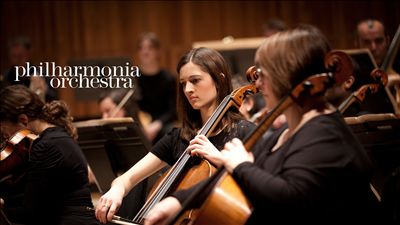
From September 2020, the management of the Philharmonia will be led by Alexander Van Ingen, who joins as Chief Executive from Cambridge-based period-instrument orchestra, the Academy of Ancient Music, where he has been Chief Executive since 2017.
The German goverment issued a fresh statement today on aid for the smallest performing groups. It reads:
Solo self-employed persons – i.e. self-employed persons without employees, individual artists, etc. – and micro-enterprises with up to five employees will receive up to 9,000 euros in one-off payments for three months. For up to ten employees, up to 15,000 euros will be paid in a one-off payment for three months. In addition, some federal states also provide subsidies for larger companies with more than ten employees. Processing is to be carried out electronically via the federal states or municipalities.
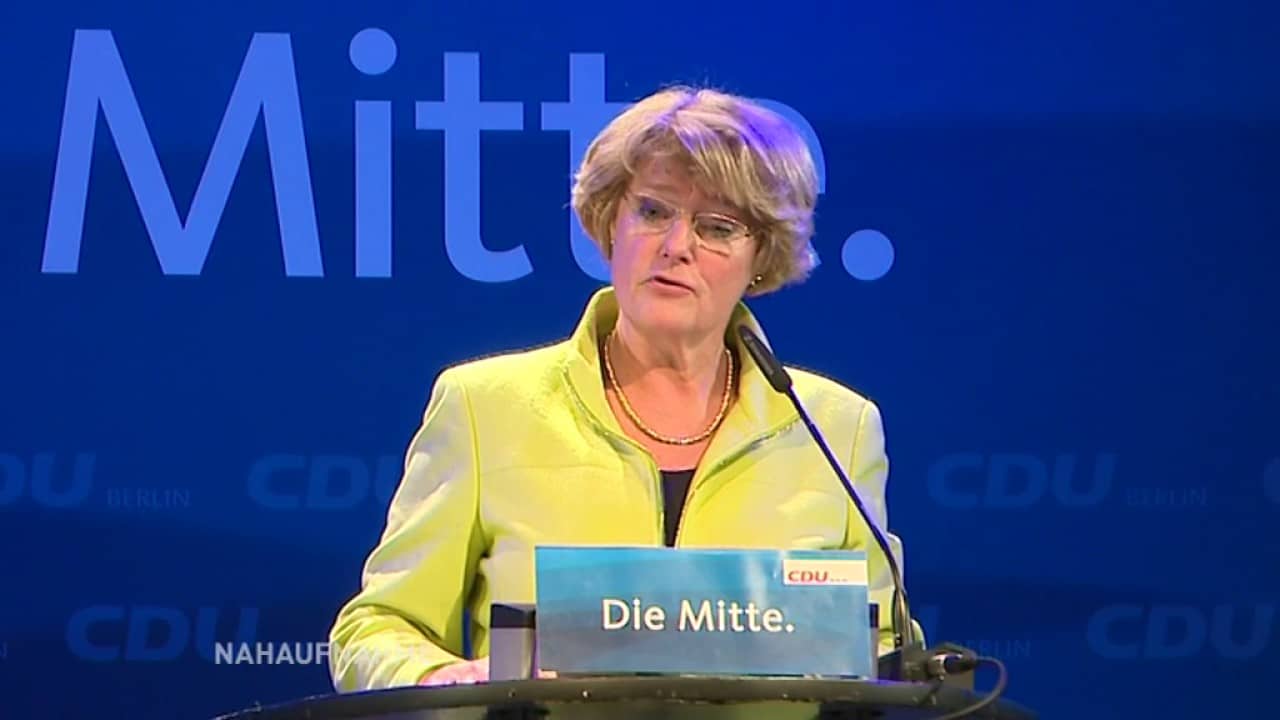
Researchers have converted the bug’s spiky protein structure into music in the hope of understanding it better.
Each amino acid was matched with a unique note and then converted by an algorithm into music.
MITS’s Professor Markus Buehler said: ‘You would need many different images, many different magnifications to see with your eyes, what your ears can pick up with just a couple of seconds of music.’
Listen here.

To my ears it sounds more like Reich than Glass.
Vienna may be the first to come out of the cold. From our occasional correspondent, Larry L. Lash:
About a week ago a columnist in the Austrian newspaper Kurier ran an item stating that it would be impossible for the Salzburg Festival to open as scheduled on 18 July and that no one was available for comment.
But apparently they were reading Kurier: a few hours later they issued a stern statement that they are waiting till the last minute – 30 May – to make any kind of decision and/or announcement. I am pessimistic.
Bregenz is holding the same position, but should there be some kind of relaxation of rules which would allow outdoor arena performances they wouldn’t need much lead time to open in mid-July, as the gargantuan “Rigoletto” set on the Bodensee stage was erected last year and they could launch pretty much on schedule.
Meanwhile, no one seems to notice that ORF is giving LIVE concerts on three consecutive Sunday nights at their RadioKulturhaus. They are being broadcast on ORF III (TV), Ö1 (radio), and myfidelio.at (a subscription website) and archived for a week. You can access the live performances at 20:15 on Sunday nights or catch them later on the ORF and Ö1 websites.
The cooperation with Wiener Staatsoper began last Sunday (19 April) as Anna Netrebko & Yusef (joined, I believe, at the hip), Juan Diego Flórez, Elena Maximova, Jongmin Park, Tomasz Konieczny, and Valentina Nafornita performed a couple of numbers in the empty auditorium, accompanied by a properly-distanced string quartet from RSO-Wien and a Staatsoper pianist. Jonas Kaufmann, Piotr Beczala, and Andreas Schager and his violinist wife contributed video recordings from their homes in, respectively, Bavaria, Poland, and their backyard in Niederösterreich. It was quite a lovely event, sadly only 75 minutes.
Next Sunday will be devoted to operetta with members of Volksoper Wien, and the following week to musicals in cooperation with Vereinigte Bühnen Wien.

Ronen Segev of Park Avenue Pianos has an interesting breakdown of Covid federal grants to colleges:
Juilliard School: $524,199
American Musical and Dramatic Academy: $2,278,035
Manhattan School of Music: $441,481
The New School (includes Mannes School of Music): $4,996,686
San Francisco Conservatory of Music: $249,016
Cleveland Institute of Music: $186,268
Curtis Institute of Music: $86,460
Berklee College Of Music: $3,573,148
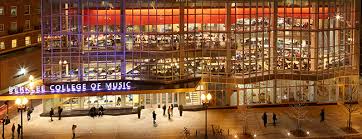
More here.
You may wonder how Berklee did so well. So do we.
The FAZ has obtained a transcript of the Chancellor’s conference-call comments to her party, ahead of an EU summit at which she resisted demands for the creation of Eurobonds.
Asked why Germany was not doing more to support performing artists during lockdown, Merkel reportedly said:
Deshalb solle sich die Bundesregierung auf zentrale Bereiche der Wirtschaft konzentrieren, statt immer neue Versprechen zu machen. Wenn etwa auch Künstler mit Steuergeld gerettet werden sollten, werde man dies in Spanien und Italien vermerken und darauf verweisen, dass Deutschland offensichtlich über genug Geld verfüge.
Therefore, the federal government should focus on central areas of the economy instead of making new promises. If, for example, artists were to be saved with tax money, this would be noted in Spain and Italy, and reference would be made to the fact that Germany obviously has enough money.
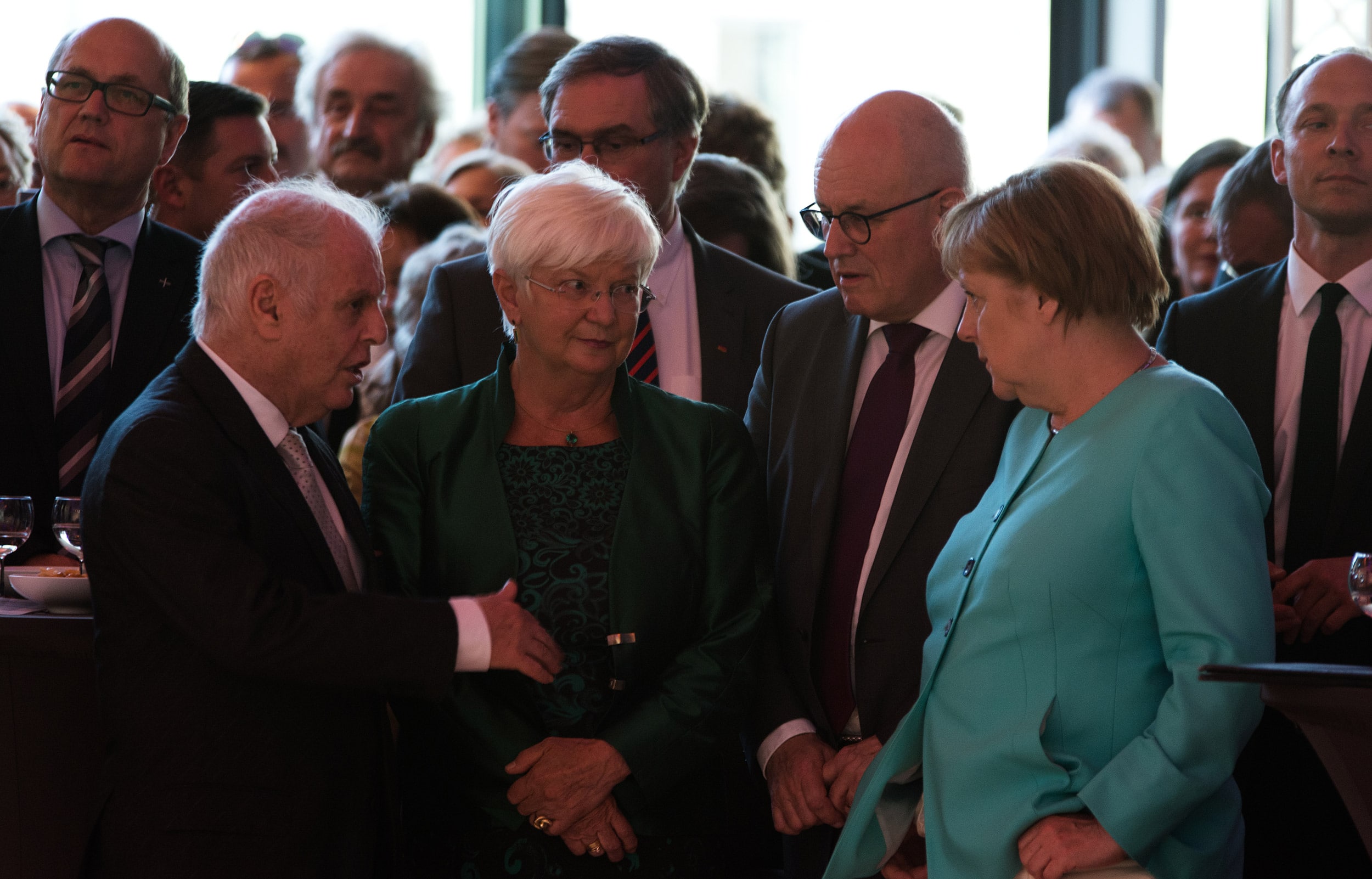
This is Felicia Temple of New Jersey who broke off a European tour to get back into her nursing uniform.
Felicia has lost two beloved aunts and an uncle to Covid-19.
In the span of a week, I’ve lost 3 family members to COVID-19. To say I’m heartbroken wouldn’t be an adequate description.
— Felicia Temple (@feliciatemple) April 21, 2020
She made a video for her colleagues that is played at every shift change and has told her story to local TV.
Watch video here.
